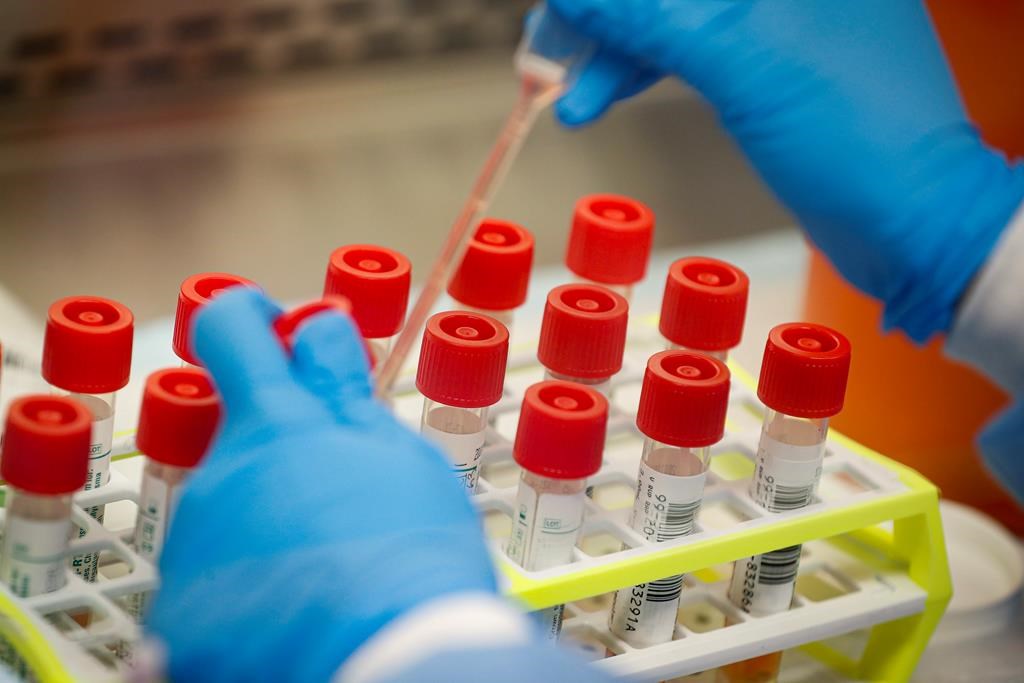As of Saturday, Saskatchewan has 17 new confirmed cases of COVID-19, and one presumptive case, says the Ministry of Health.

This brings the province’s total to 44 cases of COVID-19 with 25 cases being confirmed and 19 cases remaining presumptive.
The new cases involve people who are 20 years of age or older, with the exception of one case which is still under investigation, says the Ministry of Health.
Chief health medical officer Dr. Saqib Shahab says the cases are related to people travelling or attending group events.
These events include a dental conference in British Columbia, a curling bonspiel in Alberta, and one person got COVID-19 from attending an out-of-province funeral where others from around the world also attended.
The bonspiel event, which was attended by Saskatchewan health-care staff and physicians, has “resulted in some sobering results” said Shahab.
Of the 22 attendees in Saskatchewan, 11 have tested positive from Regina, Saskatoon and Prince Albert.
“This is a startling reminder of the risks of gatherings. Even as health-care workers…we are not immune to this virus in a social setting,” Shahab said.
“And this is a stark reminder to all of us that we need to take care immediately in any gatherings while outside, and avoid all gatherings where you can’t maintain a two-metre separation.”
According to the Ministry of Health, the largest percentage of Saskatchewan’s cases are male at 65 per cent while females make up the other 35 per cent.
Shahab said of the 80 per cent who become symptomatic, 40 per cent “had just a cough and no fever and they clear the virus quickly.”
However, the other 40 per cent “develop quite severe symptoms” such as aches, high fevers, chills and nausea.
“There are really unwell,” Shahab said.
None of those who have tested positive for COVID-19 have had shortness of breath, so they have been able to avoid hospitalization, says Shahab.
Ministry of Health can’t find source of exposure for three individuals
Three people who have tested positive for COVID-19 did not travel, nor does it appear as if they attended any mass events.
“It hasn’t been easy to establish their exposure,” Shahab said.
The Ministry of Health has been tracing their contact back several weeks, but are unable to link them to any other positive cases.
“If those dots are not connected in the next two or three days, we will have to confirm there is community transmission especially in locations in Saskatchewan,” Shahab said. He did not disclose which communities.
Shahab added that as the weather gets warmer and the flu season winds down people will likely develop new coughs or fevers. He said if symptoms remain mild, people do not require testing “but you have to stay home.”
Province’s lab now has the ability to confirm cases
The new jump in cases comes from the province’s ability to confirm testing for COVID-19 at its Roy Romanow Provincial Laboratory (RRPL).
All of the new cases reported today have already been confirmed, and the province says they will no longer be reporting on presumptive cases.
The province says this will speed up the dissemination of results to physicians and individuals tested.
Although some of the earlier presumptive positive cases that were sent to the National Microbiology Laboratory in Winnipeg are still awaiting confirmation, from now on, the province no longer has to wait for the confirmed results.
Regardless of whether a case is confirmed positive, all presumptive cases must remain in self-isolation.
The RRPL is processing about 456 COVID-19 tests a day, says the Ministry of Health.
Concerned about COVID-19? Here are some things you need to know:
Health officials say the risk for Canadians is low.
Symptoms can include fever, cough and difficulty breathing – very similar to a cold or flu. Some people can develop a more severe illness. People most at risk of this include older adults and people with severe chronic medical conditions like heart, lung or kidney disease.
To prevent the virus from spreading, experts recommend social distancing, frequent handwashing and coughing into your sleeve. And if you get sick, stay at home.
For full COVID-19 coverage from Global News, click here.





Comments